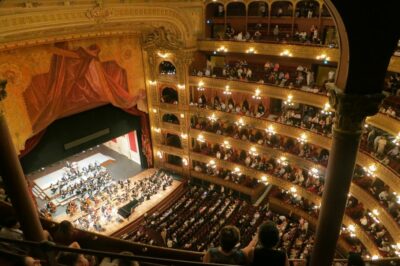Election forecasts become difficult in Latin America
The surprising result of the first round of elections in Colombia shows how unstable the political situation is in Latin America. Outsiders in particular have a chance of winning the election. But they have no political base and can hardly implement anything of what they have promised
by Alexander Busch, Latin America correspondent for Handelsblatt and Neue Zürcher Zeitung
Since the beginning of the year, it seemed likely to most Colombians that leftist Gustavo Petro would win in the first round in the elections at the end of May. His party had seen large gains in the vote in the parliamentary elections before that. Petro would be the first leftist to lead Colombia.
But things turned out differently: Petro won the first round of the elections with a clear majority of 40 percent of the vote. Nevertheless, it is now unlikely that he will become Colombia’s next president.
This is because the non-party entrepreneur and former mayor Rodolfo Hernández has surprisingly won 28 percent of the vote. The third-place candidate from the conservative camp has already urged his voters to vote for Hernández. This means that the largely unknown 77-year-old populist Hernández has 52 percent of the vote in purely mathematical terms – and now has a good chance of becoming the country’s next president.
This is not good news: Because Hernández has no political base in Congress and a confused political program. Colombia is a country full of complicated political, social and economic problems and really needs someone at the top of the country who can forge alliances between the political camps.
This only repeats in Colombia what has already happened in the Andean countries in the last elections: In Peru, the completely unknown village school teacher Pedro Castillo narrowly won the elections a year ago. Since then, he has shown little ability to hold office and has already changed his cabinet several times. It is unlikely that he will govern to the end of his term.
In Chile, the far-right politician José Antonio Kast also surprisingly won the first round of voting, losing only in the runoff to former student leader Gabriel Boric. Both Boric and Kast are not political outsiders. However, they do not belong to Chile’s traditional parties.
To simplify, it can be said that in all of these elections, those who were furthest away from the political establishment surprisingly had the greatest success. The problem for their governments now, however, is that they all have a weak base in their parliaments and can therefore implement little of what they promised beforehand. That is why Boric and Castillo have rapidly lost popularity.
For Latin America, this means that the political situation is becoming unpredictable and more unstable.





